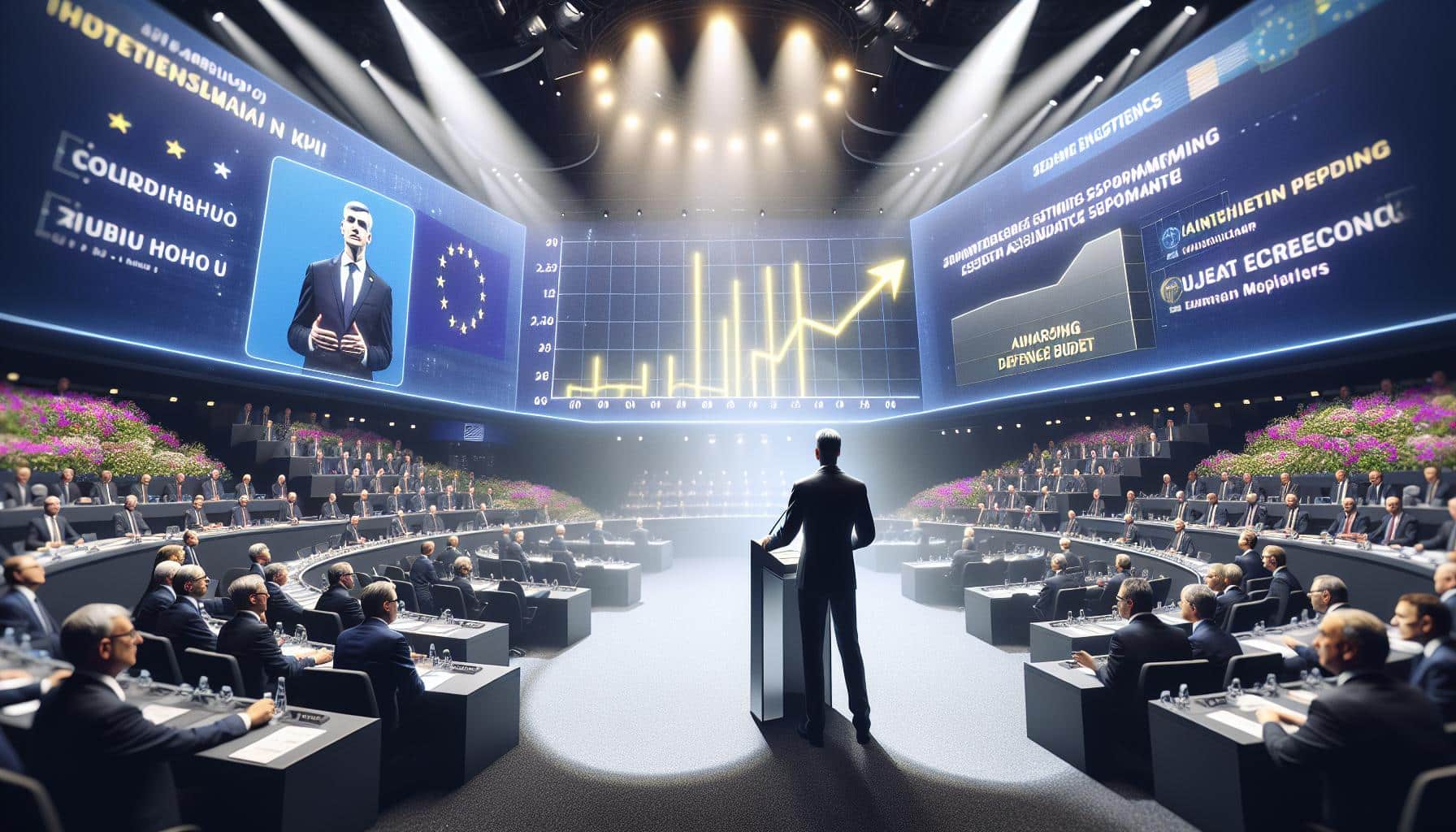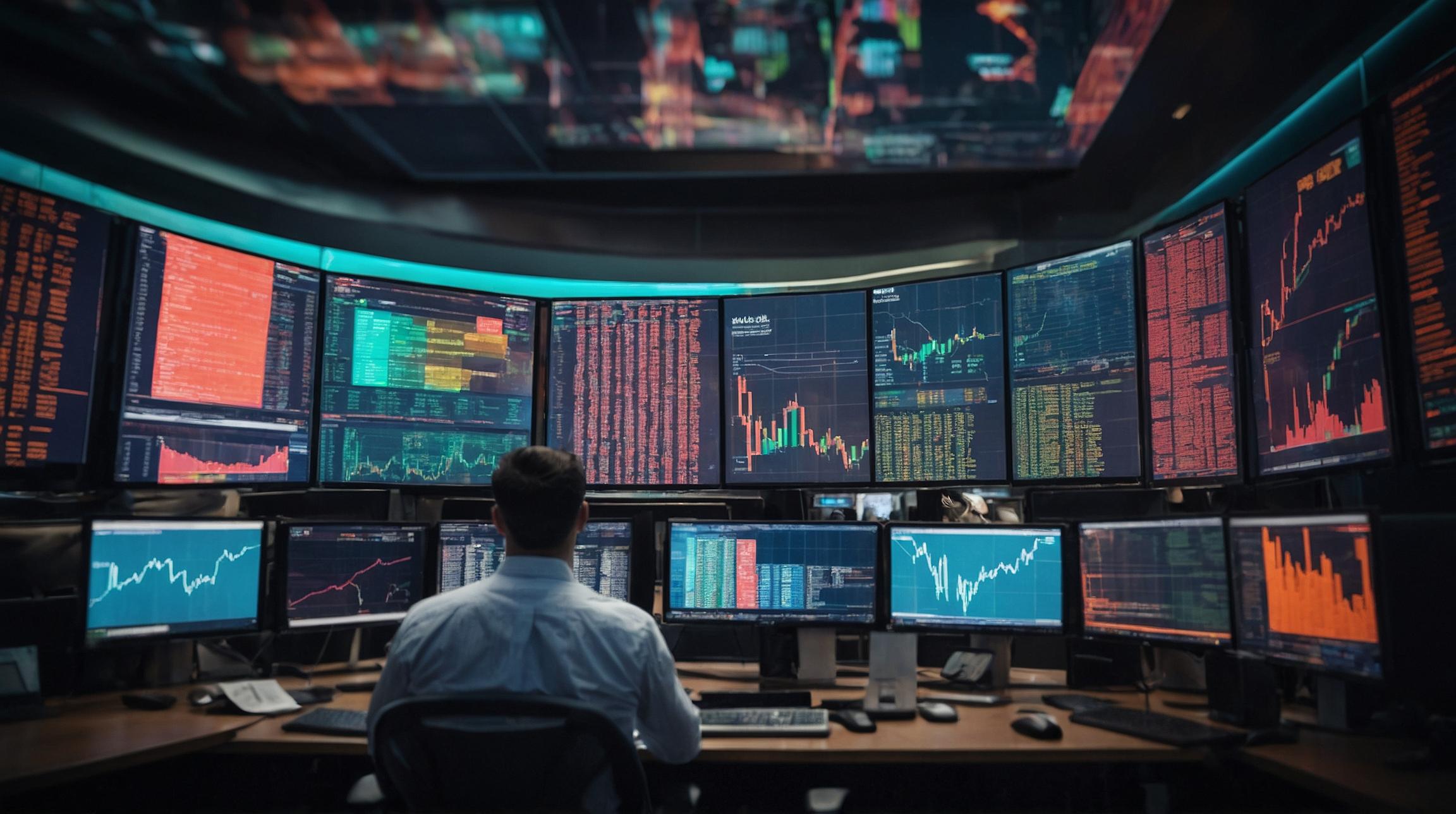Germany’s Increasing Support for Ukraine and Calls for Europe to Step Up
Germany, the largest economy in the European Union, has faced criticism for its initial slow response in providing aid to Ukraine following Russia’s invasion. However, German Finance Minister Christian Lindner asserts that Germany is now actively supporting Ukraine and is willing to do even more if necessary. The country has significantly increased its military aid to Ukraine, becoming the second-largest provider after the United States. Nevertheless, both Lindner and German Chancellor Olaf Scholz argue that other EU countries must step up their military support to adequately address the crisis in Ukraine.
The Criticized Pace of Aid Delivery and Bureaucratic Obstacles
Germany’s slow and cautious approach to aid delivery to Ukraine has drawn criticism. Despite its economic prowess, Germany was perceived as lagging behind in providing urgent assistance. German Defense Minister Boris Pistorius acknowledged that the EU is unlikely to meet its goal of providing one million shells to Ukraine by March 2024. Investigation by the Kyiv Independent and its partners revealed that bureaucratic hurdles and protectionism of individual countries within the bloc have impeded the plan to ramp up shell production and enhance Ukraine’s artillery capabilities.
Russia’s Defense Budget Increase and North Korea’s Mysterious Munition Supply
Russia’s announcement of an increase in its defense budget for 2024 raises concerns for Ukraine’s munition needs. As Russia intensifies its military presence and activities in Ukraine, the demand for ammunition becomes increasingly urgent. Allegedly, Russia has been able to secure over one million shells from North Korea, further tilting the balance of power in the conflict. The political infighting in Washington adds to the challenges faced by Ukraine, as it leads to cutbacks in U.S. military support.
NATO Underestimates Russia’s Ability to Supply War Efforts
NATO’s underestimation of Russia’s ability to supply its war efforts in Ukraine has been highlighted by the Commander of the Estonian Defense Forces, Martin Herem. He asserts that Russian production of artillery shells surpasses European efforts to counterbalance the conflict. This revelation emphasizes the urgency for enhanced military support from European nations to ensure Ukraine’s defense capabilities.
Analyst comment
Positive: Germany’s Increasing Support for Ukraine and Calls for Europe to Step Up
– Germany is actively supporting Ukraine and has significantly increased its military aid.
– Germany is willing to do even more if necessary.
– Calls for other EU countries to step up their military support.
Negative: The Criticized Pace of Aid Delivery and Bureaucratic Obstacles
– Germany’s slow and cautious approach to aid delivery has drawn criticism.
– Bureaucratic hurdles and protectionism within the EU have impeded the plan to enhance Ukraine’s artillery capabilities.
Negative: Russia’s Defense Budget Increase and North Korea’s Mysterious Munition Supply
– Russia’s defense budget increase raises concerns for Ukraine’s munition needs.
– Russia allegedly secured over one million shells from North Korea, tilting the balance of power in the conflict.
– Cutbacks in U.S. military support due to political infighting in Washington pose additional challenges for Ukraine.
Negative: NATO Underestimates Russia’s Ability to Supply War Efforts
– NATO underestimates Russia’s ability to supply its war efforts in Ukraine.
– Russian production of artillery shells surpasses European efforts.
– Urgent need for enhanced military support from European nations to ensure Ukraine’s defense capabilities.
As an analyst, it is expected that the market will closely monitor the developments in Ukraine and assess the level of support provided by Germany and other European countries. The increase in aid from Germany is a positive sign, but the criticism of the slow pace of aid delivery and bureaucratic obstacles may raise concerns. Russia’s defense budget increase and alleged munition supply from North Korea could further escalate the conflict, adding uncertainty to the market. NATO’s underestimation of Russia’s military capabilities highlights the importance of increased military support from European nations. Overall, the situation in Ukraine and the response of relevant countries will continue to influence the market’s outlook.













